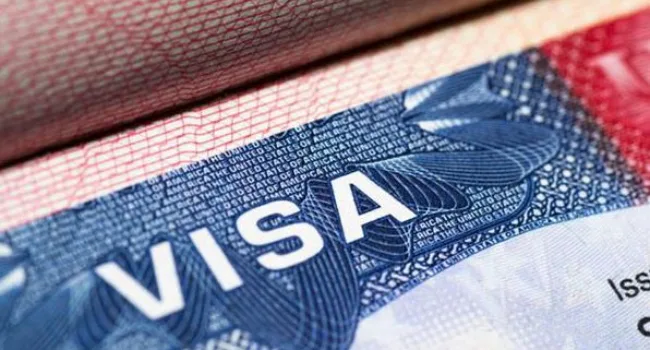The United States Department of State has made it mandatory for all Nigerian visa applicants to provide a five-year history of their social media activity as part of the eligibility requirements for entering the U.S.
In an update posted on X (formerly Twitter) on Monday, the U.S. Mission in Nigeria warned that failure to disclose this information could result in visa denial and possible ineligibility for future applications.
“Visa applicants are required to list all social media usernames or handles used in the last five years on the DS-160 visa application form,” the Mission stated.
“Applicants certify that the information provided is true and accurate before signing and submitting the form. Omitting social media information could lead to visa denial and future ineligibility.”
This latest requirement is part of a broader tightening of U.S. immigration and visa policies under the second term of President Donald Trump, who resumed office on January 20, 2025.
Visa applicants are required to list all social media usernames or handles of every platform they have used from the last 5 years on the DS-160 visa application form. Applicants certify that the information in their visa application is true and correct before they sign and… pic.twitter.com/RTju5mjhRY
— U.S. Mission Nigeria (@USinNigeria) August 18, 2025
In July, the U.S. Mission began screening the social media activity of Nigerian applicants seeking F, M, and J non-immigrant visas—typically used for students, exchange visitors, and vocational training. As of Monday’s announcement, the policy now applies to all categories of visa applicants of Nigerian origin.
Also last month, the U.S. introduced a new visa limitation policy for Nigerian citizens, restricting non-immigrant and non-diplomatic visa holders to single-entry permits valid for only three months. The Mission explained the change as part of a broader reciprocal visa policy enacted by the Trump administration, affecting several countries including Nigeria.
Visas issued before July 8, 2025, will retain their current validity and conditions, the Mission clarified.
The State Department noted that these measures are designed to enhance national security and preserve the integrity of the U.S. immigration system.
Since taking office for a second term, President Trump has vowed to intensify immigration enforcement, including mass deportations of undocumented immigrants. In recent weeks, raids have been carried out in schools, workplaces, homes, and public spaces, targeting individuals without legal status. Reports confirm that deportees have been sent to countries such as India and Guatemala.
The Trump administration’s aggressive immigration stance has sparked mixed reactions—with some Americans supporting the moves as necessary for national security, while others criticize them as discriminatory and inhumane.
As of 2015, approximately 376,000 Nigerian immigrants were living in the United States, making Nigeria the largest source of African immigration to the U.S. The U.S. remains a top destination for Nigerian youths and middle-class professionals seeking education and economic opportunities.
According to 2023 World Bank data, Nigerians in the diaspora—including those in the U.S.—remitted over $20 billion to Nigeria’s economy, highlighting the significance of migration for the country’s development.


